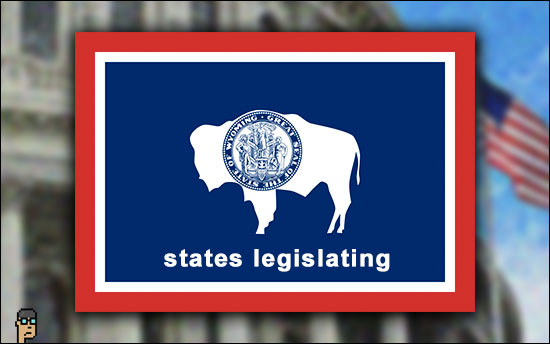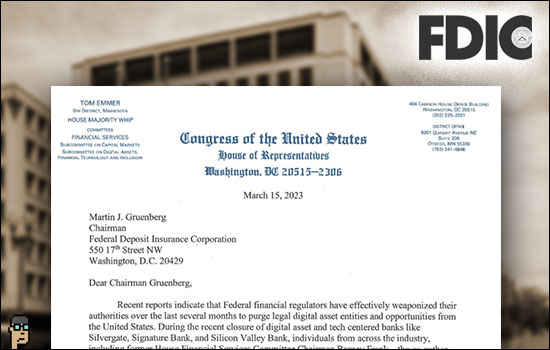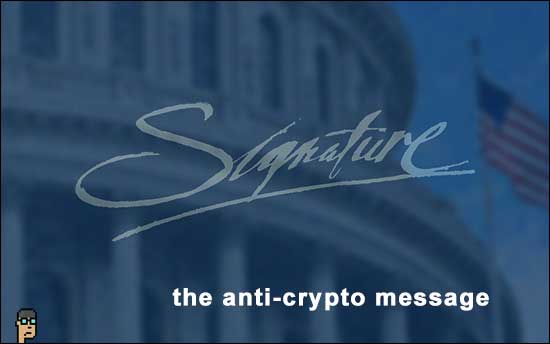Here’s today’s blockchain tipsheet… prefer it by email? Sign up here.
state law, then federal
Local news outlet Cowboy State Daily reported last week that Senator Cynthia Lummis (R, WY) “will try again for a national [digital assets] regulatory framework that would make at least some of Wyoming’s framework national.” As she said at the Milken conference two weeks ago, Lummis promises an updated version of her Responsible Financial Innovation Act (RFIA) originally introduced in the 117th Congress and co-sponsored by Senator Kirsten Gillibrand (D, NY). Lummis notes, “(Wyoming’s laws) are yet another example of how states are incubators of innovation. (…) And certainly, when it comes to the world of digital assets, the Wyoming Legislature has truly been way ahead of the rest of the nation, including Congress, in its vision.” Read it.
March 29 hearing
Late Friday, House Financial Services Chair Patrick McHenry (R, NC) and Ranking Member Maxine Waters (D, CA) announced a hearing for March 29 focused on the demise of Silicon Valley Bank (SVB) and Signature Bank. Federal Deposit Insurance Corporation (FDIC) Chair Martin Gruenberg and
Federal Reserve Vice Chair Michael Barr are scheduled as witnesses. Read the release.








